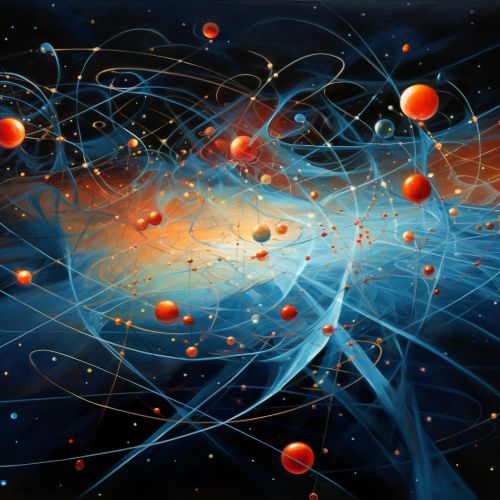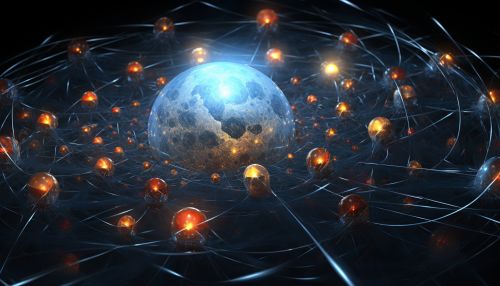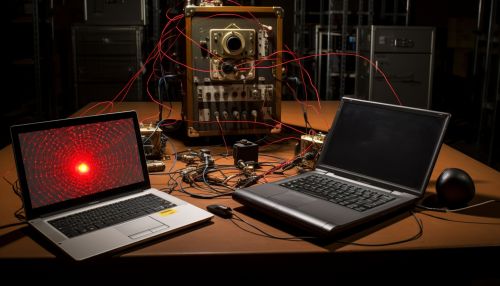The Physics of Quantum Information
Introduction
Quantum information is a subfield of physics that deals with the application of quantum mechanics to information processing. It is a multidisciplinary field, drawing on elements of quantum mechanics, computer science, and information theory. Quantum information differs from classical information in that it can be in a superposition of states, and can be entangled with other quantum information.


Quantum Mechanics and Information Theory
Quantum mechanics is a fundamental theory in physics that provides a description of the physical properties of nature at the scale of atoms and subatomic particles. It introduces concepts such as superposition and entanglement, which are key to understanding quantum information.
Information theory, on the other hand, is a mathematical framework for quantifying, storing, and communicating information. It was originally developed to find fundamental limits on signal processing operations such as compressing data and reliably storing and communicating data.
When these two theories are combined, we get quantum information theory, which explores the implications of quantum mechanics on the fundamental nature of information.


Quantum Bits (Qubits)
The fundamental unit of quantum information is the quantum bit, or qubit. Unlike classical bits, which can be either 0 or 1, a qubit can be in a superposition of states, meaning it can be both 0 and 1 at the same time. This property is what gives quantum computers their superior computational power compared to classical computers.
Quantum Entanglement
Quantum entanglement is a physical phenomenon that occurs when a pair or group of particles interact in ways such that the quantum state of each particle cannot be described independently of the state of the other particles, even when the particles are separated by a large distance. This property is used in quantum information processing to create correlations that can be used for quantum communication and quantum computing.


Quantum Computing
Quantum computing is the use of quantum-mechanical phenomena such as superposition and entanglement to perform computation. Quantum computers are believed to be able to solve certain computational problems, such as integer factorization, substantially faster than classical computers. The study of quantum computing is a subfield of quantum information science.


Quantum Communication
Quantum communication is the area of quantum information science that focuses on transmitting quantum information from one location to another. This is done using quantum entanglement and quantum superposition. Quantum communication has the potential to create secure communication channels that are immune to eavesdropping.
Quantum Cryptography
Quantum cryptography is the science of exploiting quantum mechanical properties to perform cryptographic tasks. The best-known example of quantum cryptography is quantum key distribution which offers an information-theoretically secure solution to the key exchange problem.


See Also
- Quantum Mechanics - Information Theory - Quantum Computing - Quantum Cryptography - Quantum Communication
